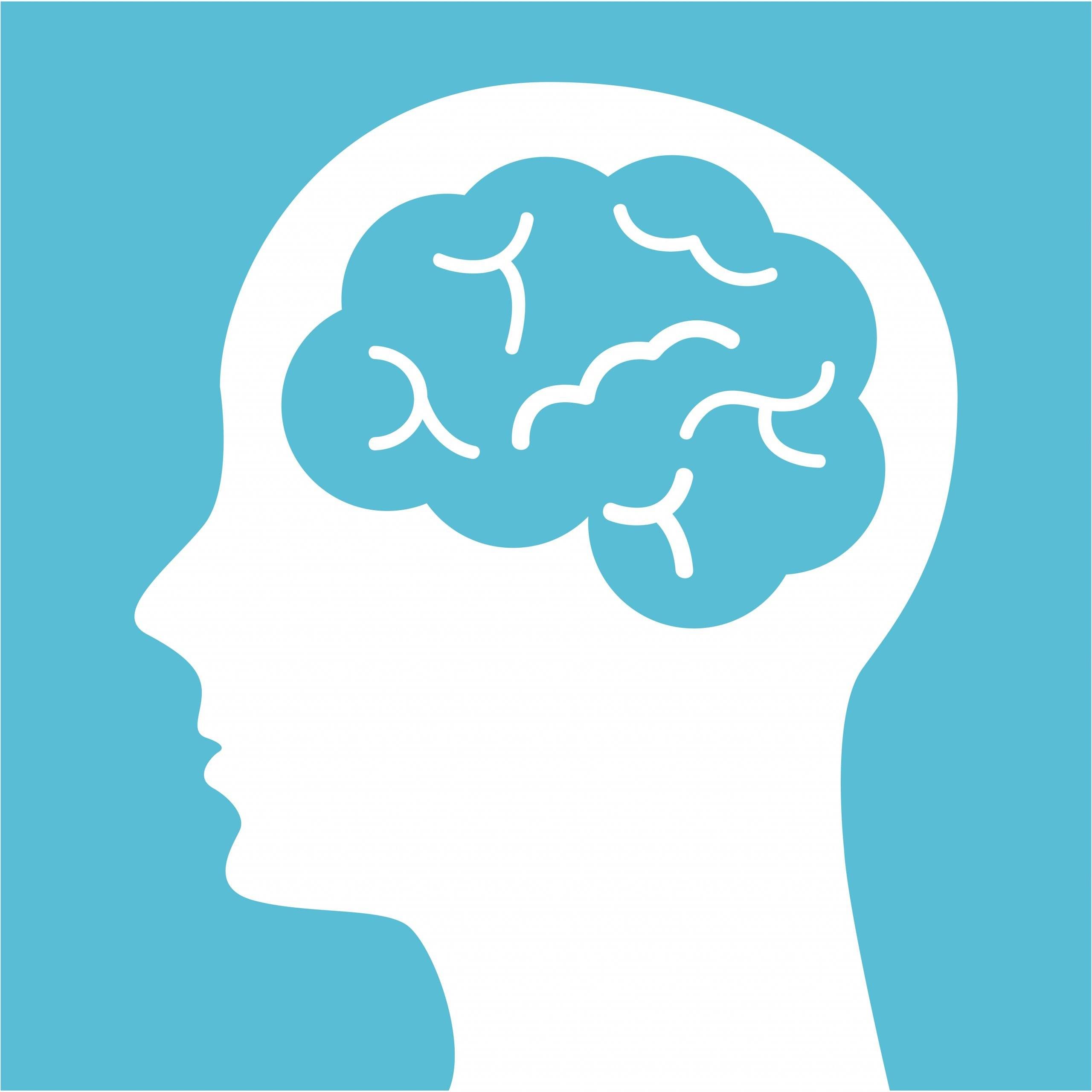Seafarer Life: Exploring Mental Health & Wellbeing

In very few industries is employee mental health such a critical issue as maritime. Complications in working at sea have been well documented, including issues such as extended periods at sea and reduced shore leave.
The toll taken on seafarers in terms of feelings of isolation, separation from family and loneliness can be severe. Plenty of valid advice has been distributed on methods of managing mental health and wellbeing including exercise, rest, socialising and relaxation.
However, there are two key tools not so widely talked about: managing mindset and an understanding of how to manage energy. These are incredibly powerful in combating stress and mitigating it’s damaging effects.
In this post we’ll explore why managing your energy is so important for your mental health and offer some practical advice. It is especially pertinent at sea, where fatigue from long hours and limited sleep are major issues.
How do energy levels impact us?
Low energy levels invariably result in low mood, whether that’s feeling sad, anxious, short tempered and angry- any negative emotion you can think of. It also affects mental capacity in the workplace leading to reduced performance.
Naturally it also impacts physical capacity too, making the working day even harder and increasing the likelihood of poor quality work and in some cases accidents.
So how do we manage our energy?
Inputs and outputs play a major role. As an example if you consume poor quality food and don’t keep hydrated, your physical output will suffer, hence the often stated advice to eat healthy, nutritious food as a way to combat stress, along with staying hydrated.
When we are dehydrated, the brain interprets that as a danger signal and releases stress hormones to help us deal with what it interprets as a stressful situation- adding to the physical symptoms of stress that you may be experiencing.

Consider that you can’t expect your mental health to be where you want it to be if you neglect your physical health…
Inputs also apply to what you consume mentally. To many people relaxation is scrolling through their social media feeds. Whilst understanding that social media can be a way for people to maintain a sense of contact with home, we can consume so much content that it impacts our ability to focus, maintain a good attention span and retain knowledge and information. It can also lead to overwhelm as there is only so much information that we can absorb, again leading to feelings of stress.
Creating energy to improve physical and mental wellbeing
Exercise is a powerful tool for mental health—not just for releasing ‘feel-good’ chemicals like endorphins, dopamine, and serotonin, but also for creating energy. That’s why people often feel calmer and happier after working out.
Paradoxically it is when people least feel like exercising that they derive most benefit, so if you’re fatigued and in a low mood exercise is probably the last thing you feel like doing, but potentially the most beneficial. Exercise also clears the stress hormone adrenaline from your body, leaving you feeling calmer, more relaxed and very importantly more likely to sleep better.
Stress triggers the brain’s fight-or-flight response, releasing adrenaline—even when threats aren’t life-threatening. The only way to reduce adrenaline is to burn it off through movement. This doesn’t mean hours in the gym—just 30 minutes of brisk walking or any heart-pumping activity can make a difference.
The importance of sleep on energy levels? This can be summed in one word- crucial. We know that a lack of sleep is frequently cited as a major issue among seafarers, so how can you address that?